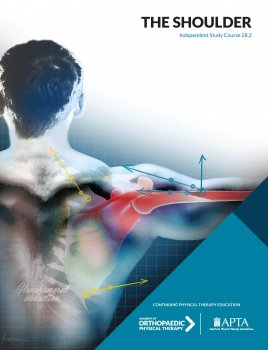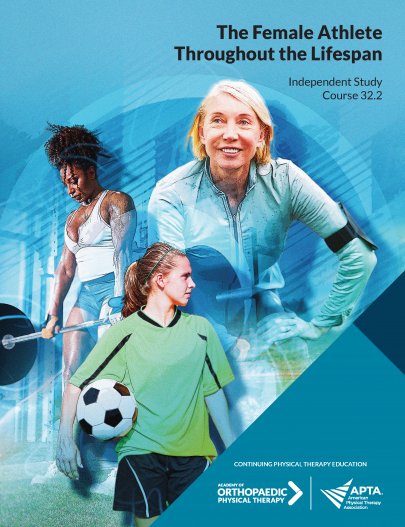
The Shoulder
Contact Hours: 0
| Online Only | |
|---|---|
| APTA Orthopedics Member | $65 |
| Non-APTA Orthopedics Member | $115 |
Note: CEUs are not offered for this course.
Course Description
This 6-monograph series addresses the biomechanical, pathological, and evaluative aspects of treating the shoulder. Specific emphasis is placed on the rotator cuff, shoulder instability, and special concerns for the overhead athlete. Therapeutic exercise and return to activity considerations are discussed in detail as well. Decision making and treatment plans for non-operative and operative scenarios are highlighted. All authors have extensive experience in the evaluation and management of shoulder pathology.
Course Overview
Course Format: Online
Course Objectives
- Understand shoulder biomechanics and pathomechanics.
- Understand the components of a thorough physical examination in the diagnosis of rotator cuff tears.
- Describe the evidence supporting a framework for prescribing therapeutic exercise for shoulder dysfunction.
- Understand the specific etiology and pathology involved in rotator cuff tears.
- Describe the rationale for nonoperative and operative treatment of rotator cuff tears.
- Describe appropriate rehabilitation interventions in the early, middle, and late stages following rotator cuff repair surgery.
- Describe the risk factors for development of shoulder stiffness and differential diagnosis.
- Describe the current evidence for non-surgical management of shoulder stiffness and specific physical therapy interventions.
- Understand the natural history for adhesive capsulitis and key concepts in the prevention of post-operative stiffness.
- Describe principles, goals, and quantitative measures of progression in the nonoperative rehabilitation for shoulder instability.
- Understand advantages and indications for surgical methods to correct shoulder instability.
- Identify criteria to return to desired activity following a postoperative rehabilitation program.
- Discuss the structure and criteria for rehabilitation progression governing return to sport for the overhead athlete.
- Identify appropriate return to play progression modifications to accommodate for workload variations and seasonal factors.
- Compose a functional testing algorithm for return to activity based on patient expectations.
Topics and Authors
- Clinical Kinesiology of the Shoulder Complex: Foundations for Therapeutic Exercise
Phil Page, PhD, PT, ATC, CSCS, FACSM - Evaluation and Treatment of the Rotator Cuff
Craig Garrison, PT, PhD, ATC, SCS; Joseph Hannon, DPT, PhD, SCS, CSCS; Dean Papaliodis, MD - Evaluation and Treatment of the Stiff Shoulder
Nancy Henderson, PT, DPT, OCS; Ryan Decarreau, PT, DPT, SCS, ATC, CSCS Haley Worst, PT, DPT, OCS; Jay B. Cook, MD - Management and Treatment of the Anterior Shoulder Instability
Charles A. Thigpen, PT, PhD, ATC; Lane N. Rush, MD; Sarah Babrowicz, BS; Richard J. Hawkins MD, FRCS(C); Michael J. Kissenberth, MD - Return to Performance: Baseball Athletes and Throwing Programs
Ellen Shanley, PT, PhD, OCS; Thomas J. Noonan, MD Susan Falsone, PT, MS, SCS, ATC, CSCS, COMT, RYT® - A Functional Testing Algorithm for Returning Patients Back to Activity
George J. Davies, PT, DPT, MEd, SCS, ATC, LAT, CSCS, PES, FAPTA; Eric Hegedus, PT, DPT, PhD, OCS; Matthew Provencher, MD; Robert C. Manske, PT, DPT, SCS, ATC, CSCS; Todd S. Ellenbecker, PT, DPT, MS, SCS, OCS, CSCS
Customers Frequently Viewed
Videos
Add To Cart
Which version of the course would you like to purchase?
Members Only
You need to be a member to buy this course.
Join today to enjoy exclusive deals and prices on all courses.
Join Now
